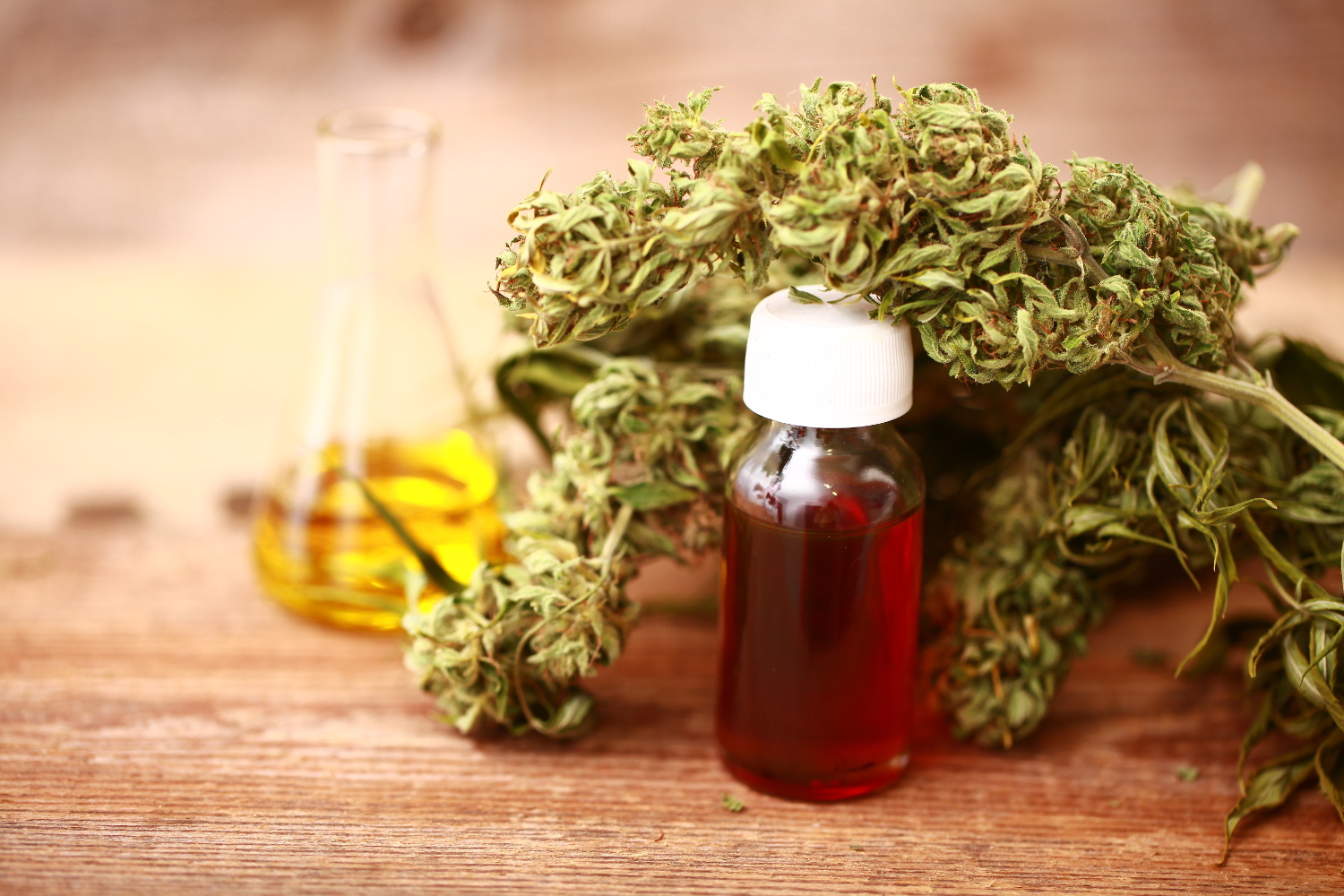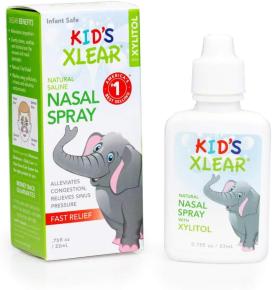Cannabidiol or CBD is a promising phytocannabinoid found in agricultural hemp. Agricultural hemp can be imported legally into the United States and state departments of agriculture and institutions of higher learning can also legally grow hemp for research.
Hemp has been cultivated by civilizations for about 12,000 years. Agricultural hemp comes from the Cannabis sativa L. plant. It looks like bamboo and grows about 10 to 15 feet before harvest.
CBD oil extracted from agricultural hemp does not result in feelings of euphoria, as opposed to marijuana-derived CBD, which contains a psychoactive chemical compound called THC. Hemp-derived CBD oil does offer health benefits.
CBD and Balance
Humans have an endocannabinoid system (ECS), a central regulatory system that helps balance you. The ECS is made of cannabinoid receptors, endogenous (self-made) cannabis-like compounds, and enzymes that create and inactivate them in the human body.
More than 100 phytocannabinoids, like CBD, have been found to exist. They are plant derivatives that “talk” to just about every major organ system in the body via the ECS, helping restore balance.
Endocannabinoids and their receptors are found throughout the body. In each tissue, cannabinoids perform different tasks, but the goal is always the same: homeostasis, maintaining a stable internal environment despite fluctuations in the external environment.
What Are Cannabinoid Receptors?
Cannabinoid receptors are an important class of cell membrane receptors. Receptors are akin to “locks,” and the ligand compounds that bind to them are akin to “keys” in a lock-and-key system.
There are two main subtypes of cannabinoid receptors, known as CB1 and CB2. CB1 receptors are found mostly in the brain, with some presence in lung, kidney, liver, fat, heart, muscle, and bone. CB1 receptors are mostly associated with the psychoactive aspects of THC. CB2 receptors are mostly found within the immune system and blood cells, and secondarily within the nervous system, liver, gut, muscle, and bone.
Hemp-Derived CBD Benefits
Hemp-derived CBD oil products provide broad-spectrum nutrition, offering a complex biochemical matrix of many constituents working synergistically. These compounds include phytocannabinoids, essential fatty acids, terpenes, plant sterols, chlorophyll, and vitamin E.
According to a recent report from the National Academies of Sciences, Engineering and Medicine, there is “conclusive or substantial evidence that... cannabinoids are effective for treatment of pain with adults; chemotherapy-induced nausea and vomiting and spasticity associated with multiple sclerosis.”
Questions to Ask about CBD Oil
Before buying CBD oil, ask if the manufacturer offers full traceability through its supply chain. Determine if the manufacturer tests each batch for cannabinoid content and potency. See if the manufacturer sends its products to a third-party lab for independent testing.


